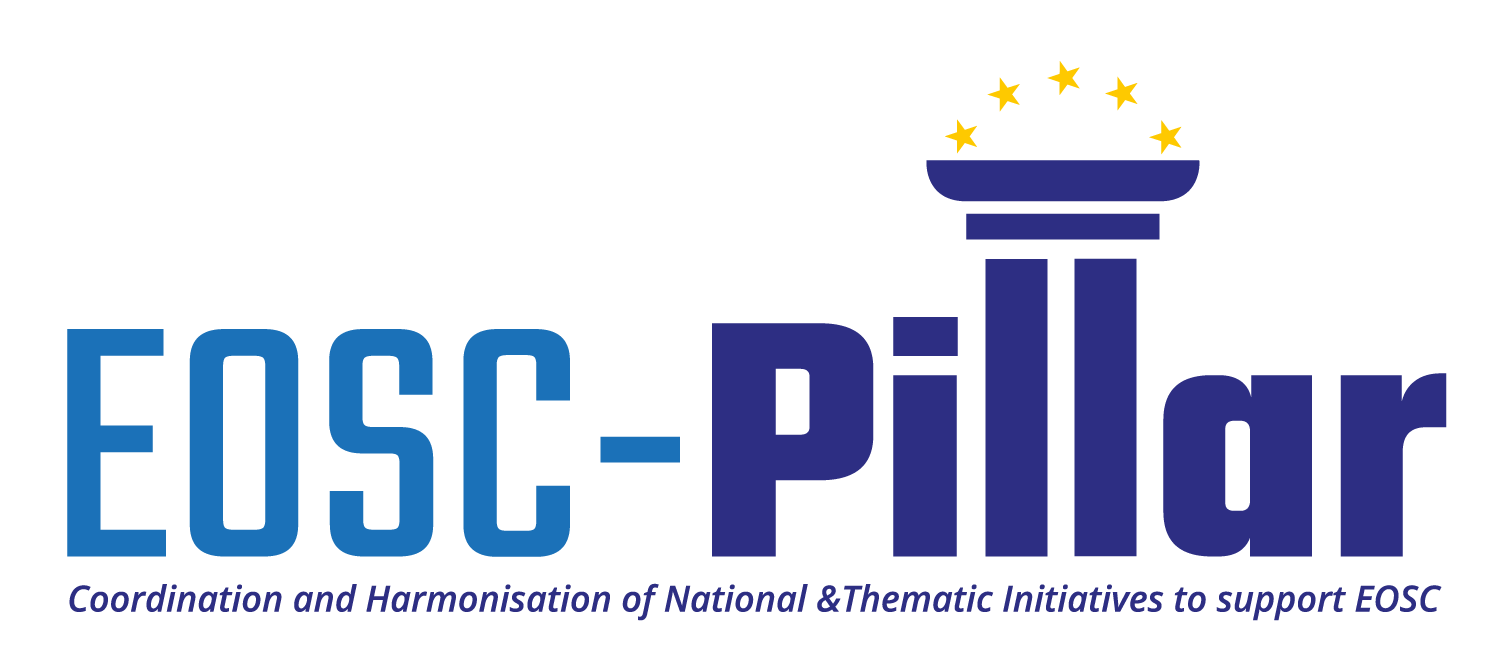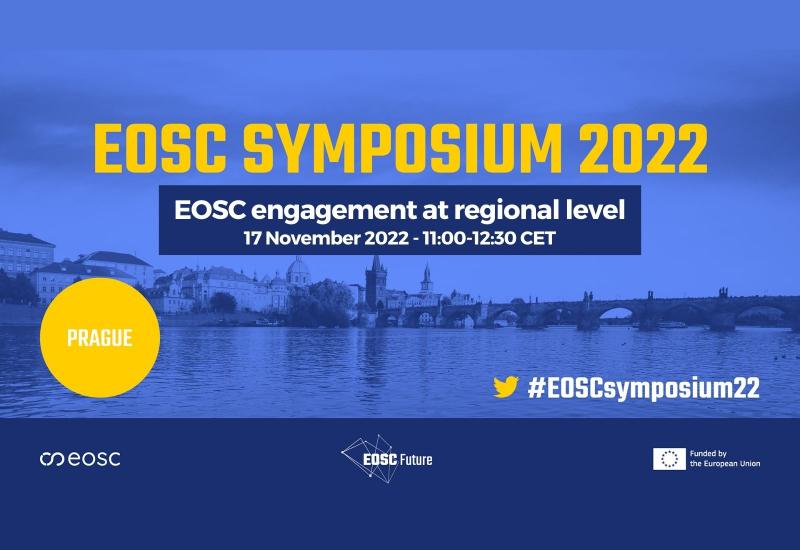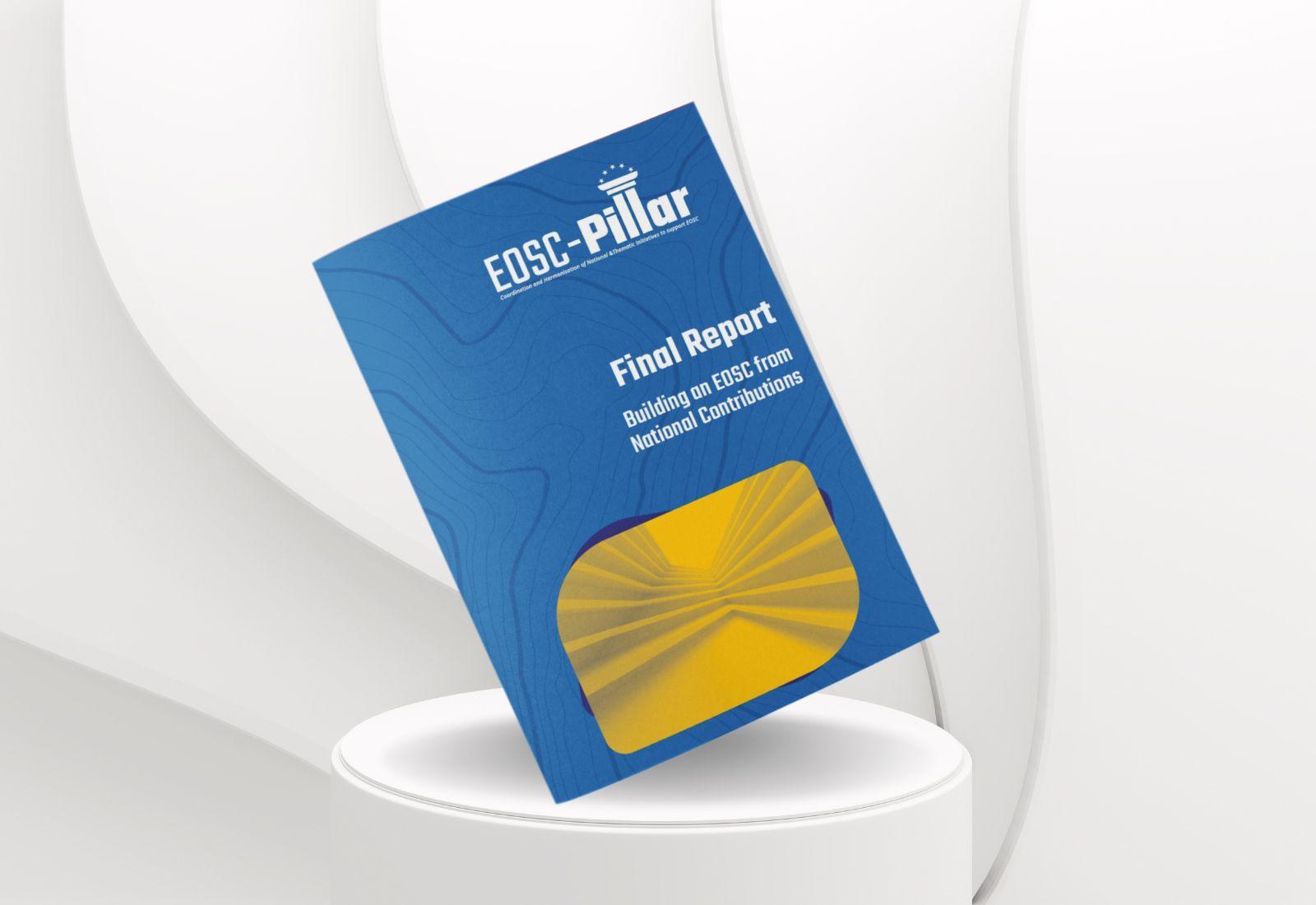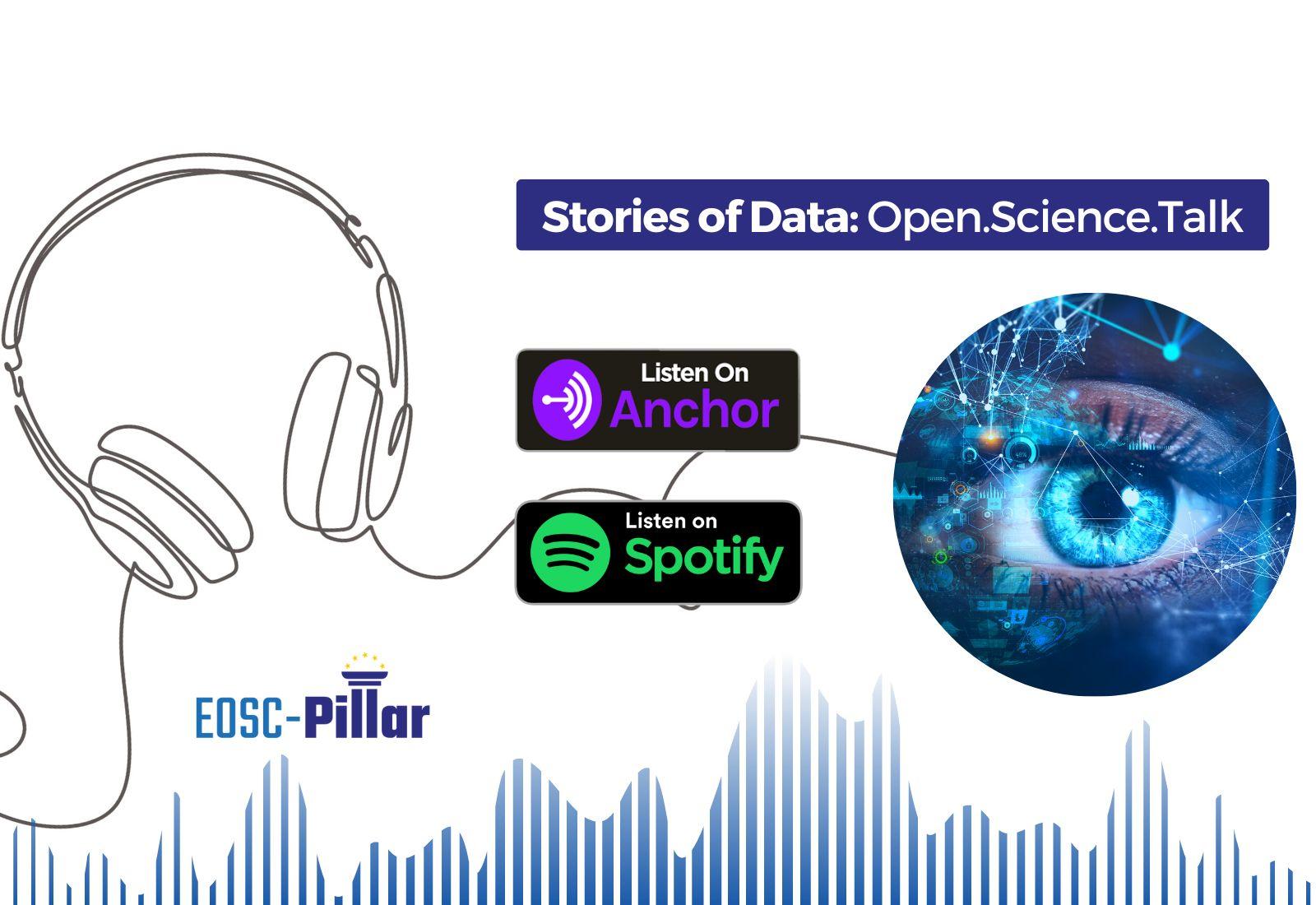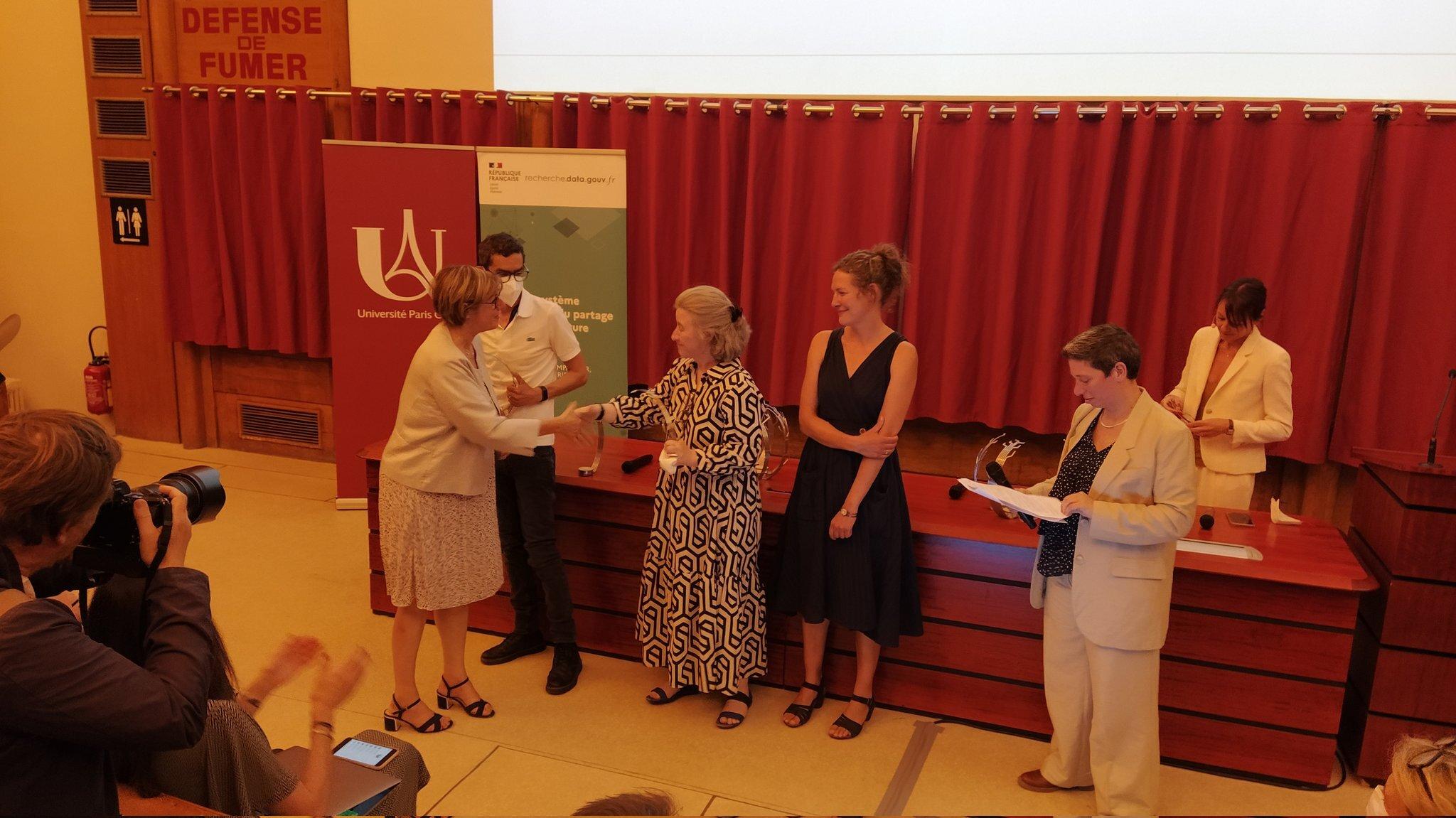
From Policy to Practice: France CNRS launches Open Data Research Directorate and participation in EOSC Association thrives
March
01,
2021
News
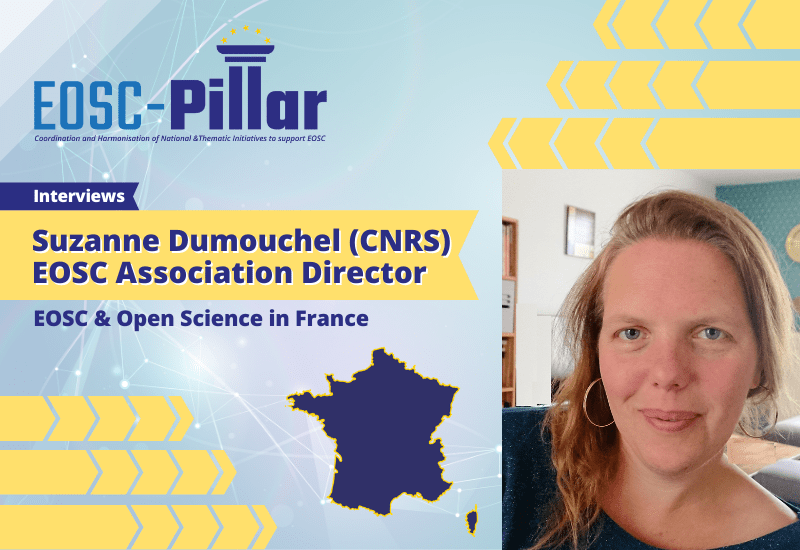
The latest policy efforts related to the European Open Science Cloud have brought many key actors in Europe to the forefront of Open Science initiatives aimed at encouraging OS practices and culture across disciplines. One such example is the recent creation of the “Direction des Données Ouvertes de la Recherche” (DDOR) or Open Data Research Directorate at CNRS in France.
We have explored some of the main updates in the French landscape with newly-elected Director of the EOSC Association Suzanne Dumouchel (CNRS, Huma-Num), Partnership Coordinator of OPERAS.
“In the context of the development of Open Science, French institutions have reacted quickly by creating Open Science Officer positions within their institutions, facilitating collaboration between organisations on infrastructure sharing, supporting the policy of open access publishing and offering numerous training actions. The CNRS, for example, has published its Research Data plan in this perspective, which has led to the creation of a new department, the DDOR, “Direction des Données Ouvertes de la Recherche” or Open Data Research Directorate. In addition, French infrastructures have published a number of reports to prepare and make possible the implementation of their services in the EOSC.”
Open Science moves forward in France
Among other purposes, the EOSC Association provides a single voice for advocacy and representation for the broader EOSC stakeholder community. As the EOSC-Pillar project coordinates harmonisation and cooperation across Austria, Belgium, France, Germany, and Italy, hearing directly from representatives of the Association will help us understand what is happening across the different Member States in terms of Open Science and EOSC readiness.
Dumouchel pointed out many initiatives among French scientific organisations. For example, the actions undertaken by the French communities within international initiatives such as RDA, where the French National Node has implemented a WG on the certification of data repositories and services. In addition, the training component has been enriched by actions implemented by URFISTs on Open Science issues.
Since the end of 2018, the Committee for Open Science, implemented by MESRI, has been making a major contribution to structuring the French community in Open Science policy and the dissemination and implementation of its principles.
A similar structure will soon see the light of day in France, the Committee for Digital Infrastructures, which also contributes to structuring the French community.
Dumouchel also added that the establishment of the EOSC Association brought “an acceleration of the implementation of an Open Science policy within the different organisations, the willingness to work together and to structure the French participation in EOSC.”
In the future, this will especially translate into the creation of an “EOSC College” in which French EOSC actors will be able to work together on a variety of EOSC-related issues, including services, PID, partnerships, infrastructures, and repositories.

Guidelines and collaboration between local and international actors
As noted by Suzanne Dumouchel, the development of EOSC cannot be done and achieved properly without involving national OS initiatives.
This means that these initiatives are necessary to understand the needs and challenges of national scientific communities, but also to identify tools and services that can contribute to EOSC. Since EOSC is the aggregation and harmonisation of national Open Science activities, failing to strengthen these national links will mean that we won’t be able to achieve EOSC. The major difficulty, in this case, is how to harmonise national Open Science practices without minimising the variety that reflects the richness of EOSC.
This is the main difficulty of the different levels that interact before the EOSC: local, regional, national and then European, including transnational initiatives such as EOSC-Pillar. This must be built by a strong willingness at each level to maintain dialogue, relying on each other's expertise.
“The local and regional levels are [...] essential to involve the scientific communities and to get to know them. At each level, there is a certain vision of Open Science which is also based on a different reality, so national institutions must help local organisations to connect to the EOSC but the EOSC must also take into account local feedback for its implementation. And the stakes are high. The presence of the university network at this stage is fundamental: in charge in general of the buildings, it is at their level (in addition to the national level) that internal storage will be managed, or even in the form of mesocentres.”
EOSC-Pillar brings together a large number of French organisations, contributing to strengthening the links between them, as well as to the setup of specific collaborations over the longer term. Dumouchel also noted the role of these actors in the involvement of relevant national organisations in the various missions they have to carry out.
Open Science guidelines for providers are not built ex nihilo, but will be a result of this long-term collaboration in European projects. There is a permanent dialogue at the national and European level on this topic, to ensure that these proposals and rules are realistic and shared.
Open Science and global challenges
According to Dumouchel, the COVID-19 pandemic did not have a particularly strong impact on the developments described above, as activities were already underway. Nevertheless, it did illustrate all the interest, the necessity but also the complexity of implementing Open Science policy on such sensitive data.
“This COVID crisis also brought a giant step forward for citizen science, which was more of a theoretical idea and is now practised everywhere. The pandemic has highlighted all the interest in publishing data while illustrating the difficulties on issues of research results.”
The EOSC Association Director also noted that the Calls for Proposals of the National Fund for Open Science are contributing to accelerating the development of OS rules as well as their assimilation and application by researchers. In fact, at present, the evaluation of researchers itself measures their investment in Open Science policy (in terms of data sharing, chosen modes of publication, etc.).
EOSC-Pillar joins Suzanne Dumouchel and the EOSC Association in supporting the EOSC Community and bringing together all relevant stakeholders to co-design and deploy a European Research Data Commons, where data are findable, accessible, interoperable and reusable (FAIR), and also as open as possible.
Stay tuned for our next interview, with EOSC Association Director Marialuisa Lavitrano (UNIMIB), and in case you missed the previous one with EOSC Association Director Klaus Tochtermann, please find it here.



